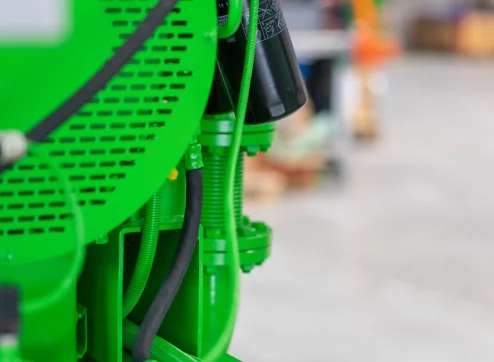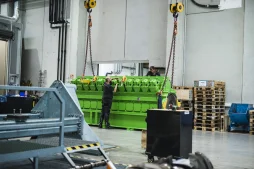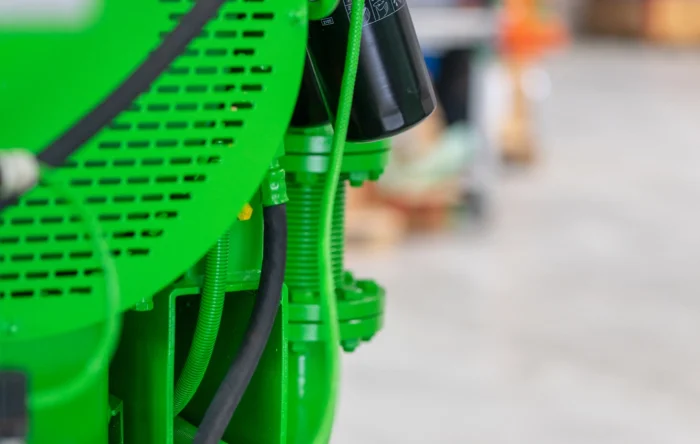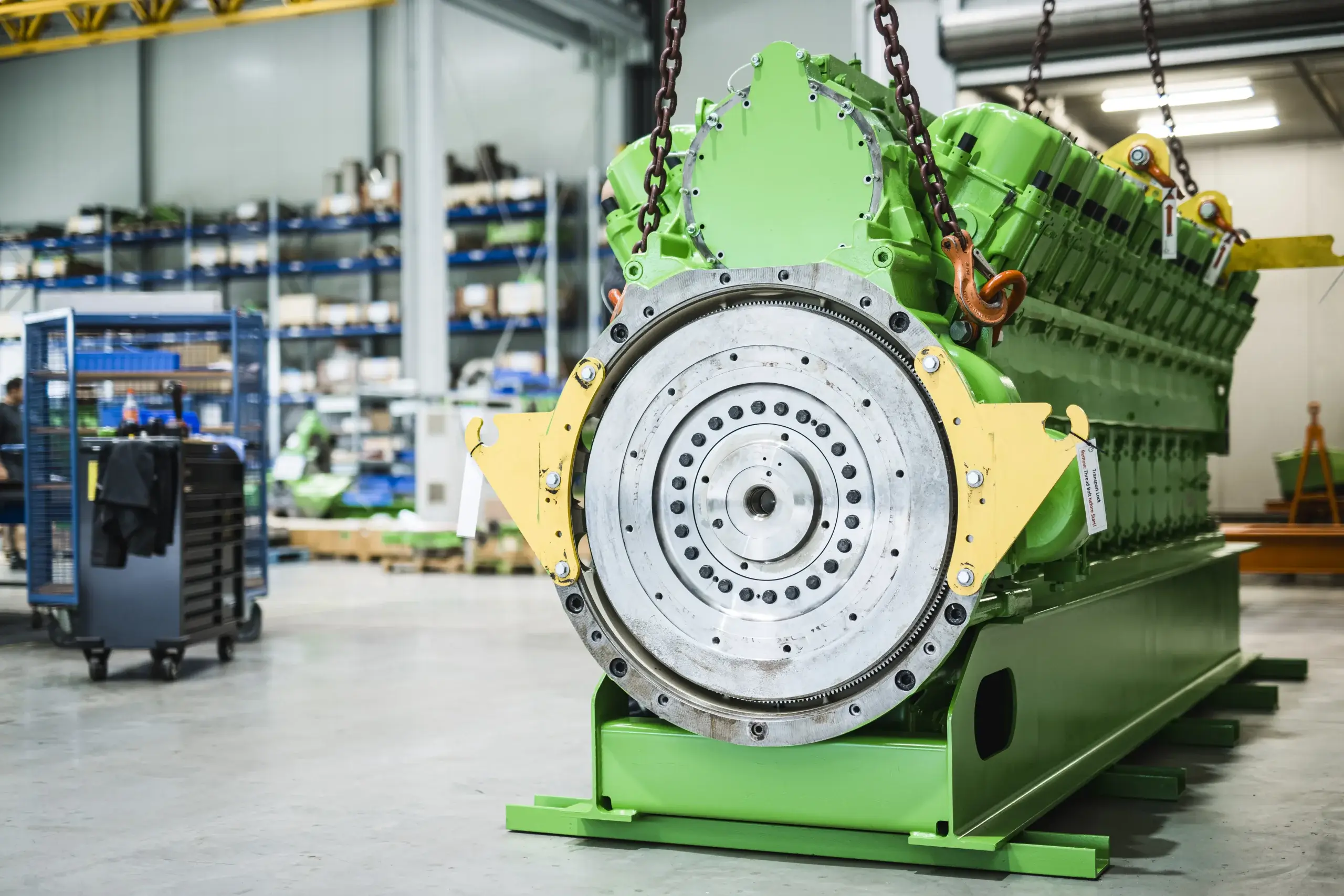How Do Jenbacher® Engines Work?

Engines, produced by INNIO Jenbacher®, stand at the forefront of gas engine technology, offering unparalleled efficiency and reliability across various applications. Understanding how these engines operate provides insights into their ability to deliver high-performance power solutions.
Introduction to Jenbacher® Gas Engines
Jenbacher® gas engines are renowned for their robust design and versatility, capable of running on a wide range of gas fuels. From natural gas to farming biogas, sewage gas, and even hydrogen blends, these engines efficiently convert gas into electricity and heat, serving sectors such as manufacturing, agriculture, and municipal energy supply.
The Ultimate Guide to Jenbacher® Gas Engines
From detailed breakdowns of each engine series to their innovative applications across various industries, this guide provides a comprehensive overview of Jenbacher® engines’ efficiency, versatility, and commitment to sustainability.
The Core Components of Jenbacher® Engines
Central to the functionality of Jenbacher® engines are its core components: the combustion chamber, pistons, crankshaft, and turbocharger, each integral to the engine’s sophisticated operation.
The combustion chamber is where the magic happens, designed to ensure the optimal mixing and ignition of air and fuel, leading to efficient combustion. The pistons, connected to the crankshaft, translate the explosive force of combustion into mechanical motion. This motion, in turn, drives the crankshaft, converting the reciprocating movement of the pistons into a rotational force that can be harnessed to generate electricity. Completing this efficient cycle is the turbocharger, a critical component that enhances the engine’s breathing—increasing the amount of air intake for combustion, thus boosting the engine’s power output and efficiency.
These components work together to transform gas into mechanical and subsequently, electrical energy.
The Combustion Process
At its core, this process involves a calibration of fuel and air mixture, ensuring that the ratio is just right for optimal combustion. This precise mixture is then ignited within the combustion chamber, initiating a controlled explosion that is the heart of the engine’s power generation.
The energy released from this explosion exerts force on the pistons, propelling them in a motion that is both powerful and precise. This piston movement is crucial, as it is directly linked to the crankshaft, which translates the linear motion of the pistons into rotational motion. This conversion is the cornerstone of mechanical power generation in gas engines, showcasing a seamless transition from chemical energy in the fuel to mechanical energy, ready to be harnessed for electricity production.
Energy Conversion and Efficiency
Jenbacher® gas engines are engineered to harness the maximum possible energy from fuel while minimizing waste. The integration of advanced control systems elevates the engine’s performance to new heights. These sophisticated systems continuously monitor and adjust the combustion process, adapting in real-time to varying load conditions. This adaptability ensures that the engine operates within its most efficient parameters, regardless of changes in demand or operating conditions.
If your gas engine needs an upgrade, PowerUP can offer the control system EDI. Check it out here:
The result is an engine that not only delivers exceptional performance but also does so with remarkable fuel efficiency and reduced emissions. This strategic approach to energy conversion and efficiency underscores Jenbacher® gas engines’ role in setting industry standards for sustainable and cost-effective power generation.
Emissions Control
These natural gas engines or biogas engines are equipped with advanced emissions control technologies that significantly reduce the release of harmful pollutants, including nitrogen oxides (NOx), carbon dioxide (CO2), and particulate matter.
The lean-burn combustion process optimizes the air-to-fuel ratio, ensuring that combustion is complete and efficient, which not only enhances engine performance but also reduces CO2 emissions and particulate matter. This process not only meets but often exceeds stringent environmental standards, making Jenbacher® engines a preferred choice for environmentally conscious operations seeking to reduce their carbon footprint.
By integrating these cutting-edge technologies, Jenbacher® engines demonstrate a commitment to innovation in emissions reduction, paving the way for cleaner, more sustainable power generation.
The Role of PowerUP in Maintaining Jenbacher® Gas Engines
PowerUP plays a crucial role in ensuring the continued efficiency and reliability of Jenbacher® engines.
Offering a big selection of Jenbacher® gas engine spare parts and specialized services, such as gas engine repair, condition based overhauls and upgrades, PowerUP helps operators maximize their engine’s lifespan and performance, ensuring these engines operate smoothly and efficiently.
















